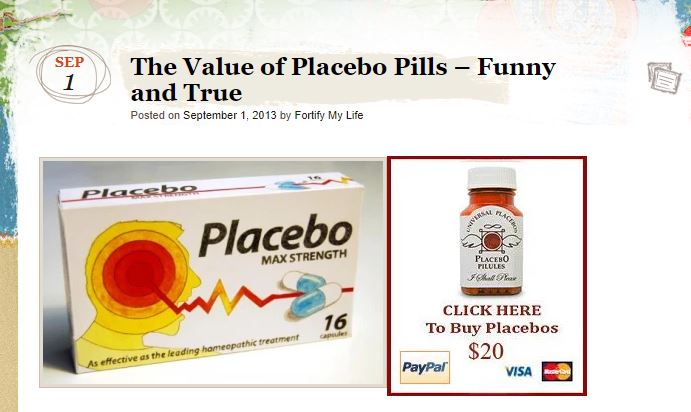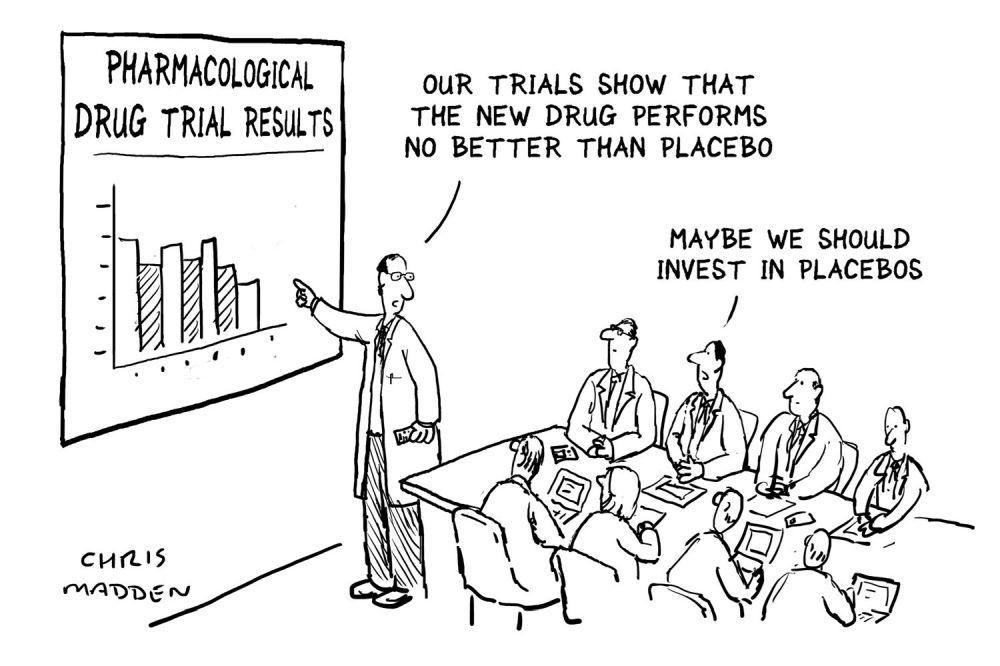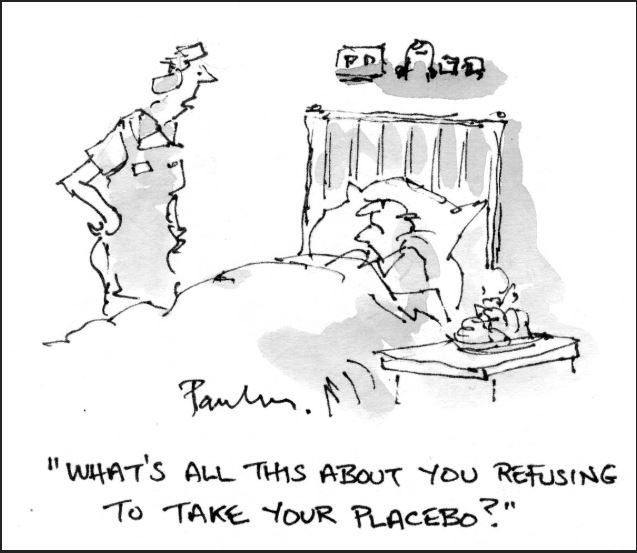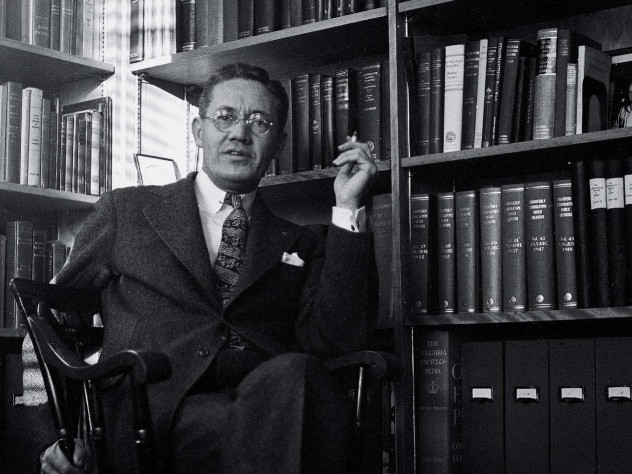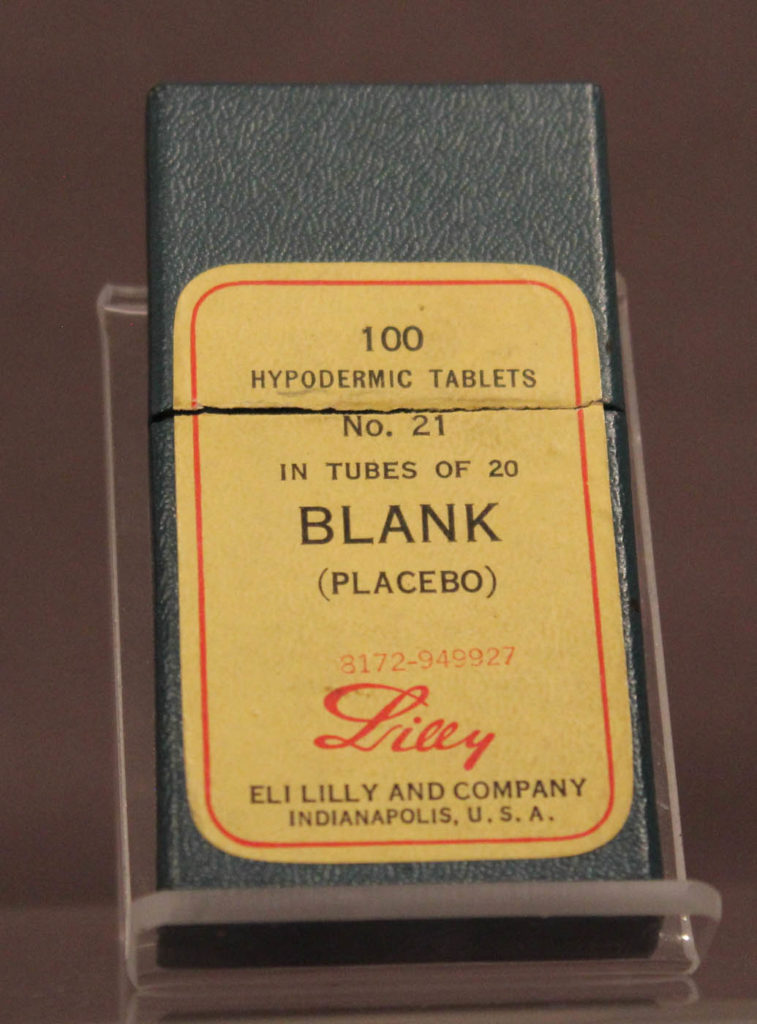
Micro-dosing psychedelics as a therapy and productivity booster is all the rage in some quarters (like Silicon Valley). But is that a placebo effect?
People may not have to microdose psychedelics to feel their wellbeing benefits, according to a new study – they just have to believe (our italics) they’ve microdosed them.
Published in eLife, the new study found that participants who took placebos often reported the same beneficial effects as those that actually microdosed psychedelic substances. Likewise, those who believed they had taken a placebo, even when they had actually taken a psychedelic drug, experienced fewer improvements to their wellbeing.
Given these findings, the researchers suggest that the anecdotal benefits of microdosing can be explained by the placebo effect.



